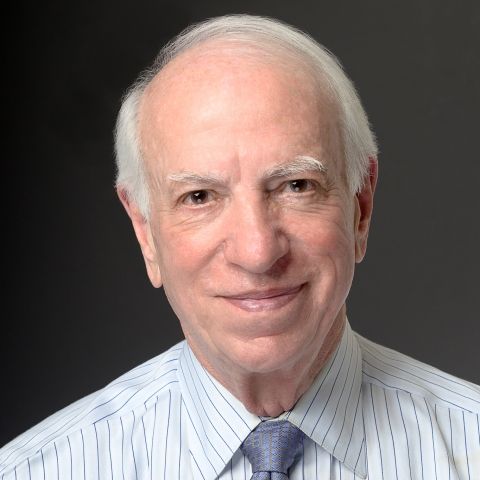
Reducing Underage Drinking: A Collective Responsibility
In response to a congressional request in the Health and Human Services (HHS) fiscal 2002 appropriations act, the Board on Children, Youth, and Families of the National Research Council and the Institute of Medicine formed the Committee on Developing a Strategy to Reduce and Prevent Underage Drinking. The committee was directed to review a broad range of federal, state, and nongovernmental programs, from environmental interventions to programs focusing directly on youth attitudes and behaviors, and to develop a cost-effective strategy to reduce and prevent underage drinking. The committee reached the fundamental conclusion that underage drinking cannot be successfully addressed by focusing on youth alone. Youth drink within the context of a society in which alcohol use is normative behavior and images about alcohol are pervasive. They usually obtain alcohol—either directly or indirectly—from adults. Efforts to reduce underage drinking, therefore, need to focus on adults and must engage the society at large.